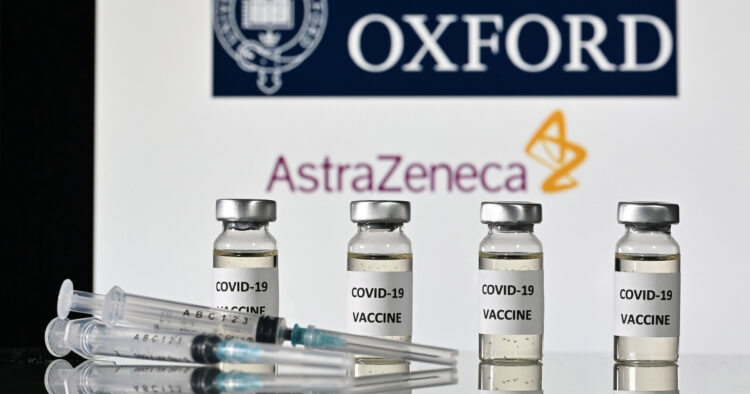By Ben Kerrigan-
The Pfizer and AstraZeneca coronavirus vaccines are highly effective against the variant identified in India after two doses, a study has found.
The study suggests that two jabs of either vaccine give a similar level of protection against symptomatic disease from the Indian variant as they do for the Kent one.
The study suggested that both vaccines were only 33% effective against the Indian variant three weeks after the first dose, but 50% effective against the Kent variant.
Public Health England said the vaccines are likely to be even more effective at preventing hospital admission and deaths.
The Moderna vaccine has also been used in the UK since April but the study said the numbers who had received it were too small for them to include it in their research.
Health Secretary Matt Hancock expressed increasing confidence that the final stage of easing restrictions in England could take place on 21 June.
The data showed getting both doses of the vaccine was “absolutely vital”, he added.
Home Secretary Priti Patel said the data was “positive” but the planned “stages” for the easing needed to be followed.
She told the BBC’s Andrew Marr Show: “We will continue to follow the data… we all have to be conscientious… we are distancing, wearing masks, following all the rules.
“That, of course, will help us to that unlocking on 21 June.”
Questioned about criticism of the timing of putting India on the travel red list, the home secretary said ministers “work with the data… and that information was presented… in the right way for the decisions to be made”.
Ms Patel also defended the controls at UK borders – highlighting the pre-arrival testing requirements and saying a “vigorous system” for making sure people arriving from red list countries were quarantining was in place.
A further five people in the UK have died within 28 days of a positive coronavirus test, and another 2,235 people have tested positive, Sunday’s official figures showed.
The Pfizer vaccine was found to be 88% effective at stopping symptomatic disease from the Indian variant two weeks after the second dose, compared with 93% effectiveness against the Kent variant.
The AstraZeneca jab was 60% effective against the Indian variant, compared with 66% against the Kent variant.
Public Health England (PHE) said the difference in effectiveness between the vaccines after two doses might be explained by the fact that rollout of second doses of AstraZeneca was later than for the Pfizer vaccine, which was approved first.
Some 12,675 genome-sequenced cases were included in the study, which took place between 5 April and 16 May. Only 1,054 of those cases were of the Indian variant, known as B.1.617.2.
Dr Jenny Harries told the Andrew Marr Show the study was “very good news”.
The chief executive of the UK Health Security Agency said the study is the “first real-world evidence of vaccine effectiveness” against the variant.
Asked about the discrepancy between the Pfizer and AstraZeneca vaccine results, she said a key factor to consider was that the “different vaccines were given to slightly different groups of people”.
“The Pfizer vaccine was rolled out initially, because it had to be kept at ultra-low temperatures, to – for example – healthcare workers, who tended to be younger,” she said.
“This is an all-age study. Whereas AstraZeneca went out to older groups of individuals who were unable to come into main centres.”

